UCE 2023: Overall pass levels up as poor science results continue to cause concern
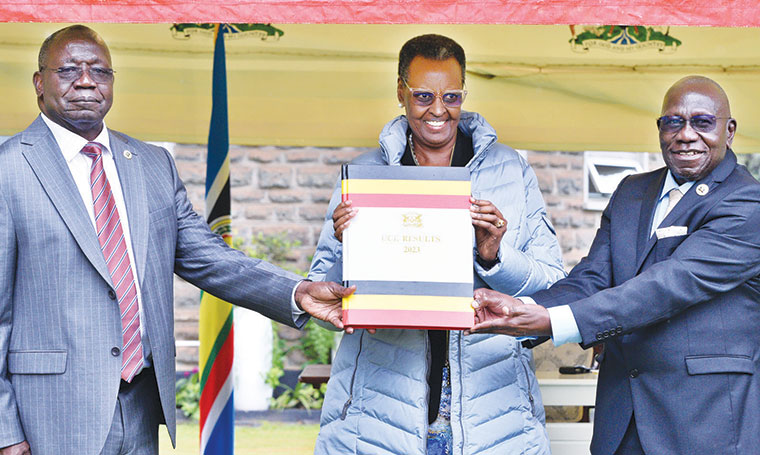
BY THE OBSERVER
Two years ago, amidst high expectations and objections within the teaching fraternity, President Museveni approved a significant increase in pay for science teachers.
A graduate science teacher was enhanced from Shs 1.2m to Shs 4m, and for those with diplomas, the lowest paid shot from Shs 930,000 to Shs 2.2m. The presidential directive left the highest-paid arts teacher on the U3 scale at Shs 1.3m and those at U5 with Shs 784,214.
At the 2023 World Teacher’s day celebrations at Kololo, Museveni emphatically said that the salary disparities among arts and science teachers would not be addressed soon.
It was believed that better pay would not only improve the quality of science education but ultimately elevate the performance of learners. However, during the 2023 release of the learners Uganda Certificate of Education (UCE) examination results at State House Nakasero last week, the results of science subjects painted a disheartening picture.
It was a perplexing outcome that left many questioning the effectiveness of the increased pay for science teachers. While presenting the statement of release, the Uganda National Examinations Board (Uneb) executive director, Dan Odongo, said performance in the sciences continues to be “a cause for concern”.
Candidates continued to struggle in science subjects, with failure rates remaining obstinately high as less than 20 per cent of the candidates obtained credit pass levels in Physics and Chemistry, and 40 per cent or more were unable to pass.
“The science subjects are still being performed poorly. Surprisingly, sciences also lead with high cases of exam malpractices, affecting mostly Physics and Chemistry practical examinations and Mathematics,” Odongo said.
He explained that teaching sciences requires a blend of practical and theoretical approaches but most teachers focus on the latter.
“In most secondary schools, students are taught theoretically from S1 to S3. Teachers embark on practicals in S4 on weekends only, which is all wrong. The Education ministry has been supporting the SESEMAT program to empower science teachers but I have been informed that after the trainings, teachers resume old methods of teaching,” Odongo, also a former Biology teacher, said. He insisted that the poor approach to teaching sciences and inadequate science teachers in schools greatly contribute to the growing trend of low science results.
Asked why the much-heralded pay rise had not yet yielded the expected science results two years later, Odongo had this to say.
“I do not believe that merely increasing somebody’s salary makes them a better worker. Teaching is a calling, and someone must be devoted to the job. It was expected that giving more money to science teachers was going to make them more productive but there is no evidence to show that the increment in salaries has translated into better performance.”
Uneb examiners further attributed the low science results to the inability of candidates to master basic scientific concepts, manipulate science apparatus, carry out procedures as prescribed in question papers, and interpret results that could have been made. Some schools have also reported to have no science teachers, which exacerbates the problem.
GENERAL PASS LEVELS UP
In 2023, at least 361,695 candidates (179,032 males and 182,663 females) appeared for the examination compared to 345, 695 candidates in 2022.
According to the results, the 2023 performance was significantly better than that of the previous year with 346,816 candidates passing the examination. At O-level, the two grading subjects are; English and Mathematics. If a candidate fails any of the two subjects in addition to an F9 in any compulsory science subjects, they are pushed to another grade.
Female candidates performed better than males in the English language. However, in other subjects, males dominated with differences being very significant in History, Geography, Commerce, and sciences.
At the subject performance level, Odongo noted improvements in English, Religious Education, Mathematics and Biology. There was a drop in performance for History, Commerce, Agriculture and Physics subjects.
“In the English language, the perennial challenge of presenting crammed passages from texts in response to questions on original composition writing has greatly reduced, which may explain the significant improvement in the candidate performance,” he said.
Uneb noted an upturn in performance for Biology, which has been recording a steady decline. At least 3.1 per cent of the candidates passed with distinctions compared to 0.2 per cent in 2022. This is thanks to engagements between Uneb and the Association of Biology Educators (ABE) which discussed the root causes of the poor performance.
“We didn’t only engage with the board but also shared with examiners to harmonize the question papers. Last year, we observed that the board kept within the O-level syllabus, unlike the previous years where candidates would get compulsory questions arising from the A-level syllabus. This alone, without splitting the paper into two, was able to make the paper within limits of learner’s abilities at this level,” Frederick Dongo, the president of the ABE, told The Observer.
Dongo said there is still room for improvement although the government engagement of teachers on the pedagogical aspects of the new curriculum is still weak.
SCIENCE TEACHERS SPEAK
While increasing teacher pay was a crucial step, it was not a panacea for all challenges facing science education, according to Aaron Mugaiga, the secretary general of the Uganda Professional Science Teachers’ Union (UPSTU).
He cited factors such as insufficient laboratories, lack of teacher training, and negative attitudes towards sciences by students that continue to shape performance.
“It is true that the performance of science subjects is not comparable to that of arts subjects. This has been the trend over time. This is the second year of the remuneration and its impact may be too early to judge,” Mugaiga said.
He added: “We should appreciate that we now have a breed of motivated science teachers; if given time, we shall see the performance improve. We are seeing positive indicators already much as the performance is still low.”
He attributed the poor performance in sciences to the Covid-19 lockdown on the education sector whose effects are still vivid among all teachers and learners. Mugaiga, however, urged Uneb to share sample question papers of the new curriculum across all subjects to enable learners and teachers to catch a glimpse of the assessment format.
As of last week, Uneb had completed the sample papers and arrangements are being made to upload them on the school portals. Hardcopies will also be availed to all examination centers.
FAILED CANDIDATES
Out of the 361,695 candidates who sat the 2023 UCE examination, at least 14,879 candidates (4.1%) were ungraded. The failure rate, however, dropped by 0.5 per cent. This is the last examination administered under the old curriculum.
Effective this year, all UCE candidates will be assessed following the revised curriculum. To ease the transition process of candidates who would like to repeat S4, missed the exams last year, or adult learners studying on their own, Uneb chairperson Prof Celestino Obua said the board has agreed to administer a one-off examination to close the old curriculum later in the year.
“The exact date will be communicated but registration will not be open for those who took PLE after 2019 as this cohort should be currently in school under the new competency-based curriculum,” Obua said.
Whereas the repeaters will sit examinations this year [2024], their UCE certificates will be labelled 2023 by Uneb. Education minister Janet Museveni encouraged all eligible persons to take this single window of opportunity in 2024. She emphasized that repeating candidates shall not be subjected to the assessment and examination processes of the revised lower secondary curriculum whose pioneer candidates will sit examinations in October/November this year.
Meanwhile, the hearing of cases of suspected malpractice in the 2023 examinations commenced on Monday, starting with PLE cases. The board will extend invitations to the affected candidates and schools through the District Education Offices. The board’s security committee will continue with the hearings as it awaits feedback from the judiciary on its request to set up a special utility court that would concentrate all cases in one place and ensure a faster conclusion.
Currently, there are cases from the 2022 examinations that remain unresolved in various courts across the country.
“If the [2022] cases are resolved in 2024, what impact will the rulings have on the schools and candidates? We need a speedy resolution of cases and we hope the judiciary will answer our prayer in the affirmative,” Odongo said.
The selection for senior five shall take place from February 26 to 27 while students are expected to report for term one on March 11, 2024. The selection for technical and vocational institutions for UCE 2023 leavers has been extended to end on February 23, 2024.











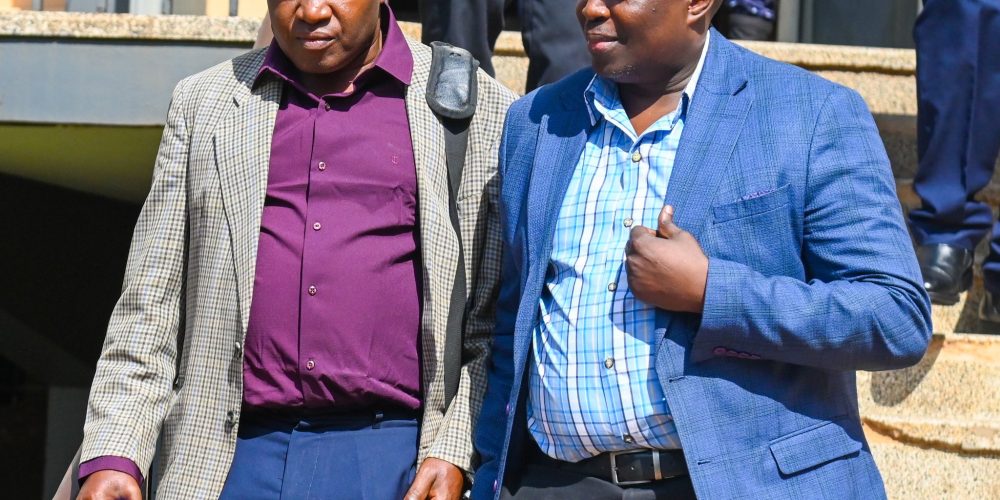


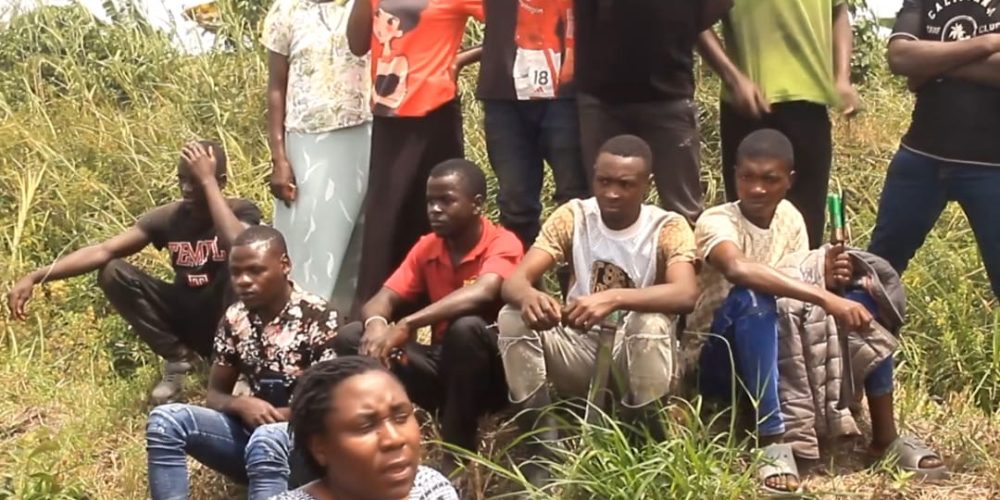
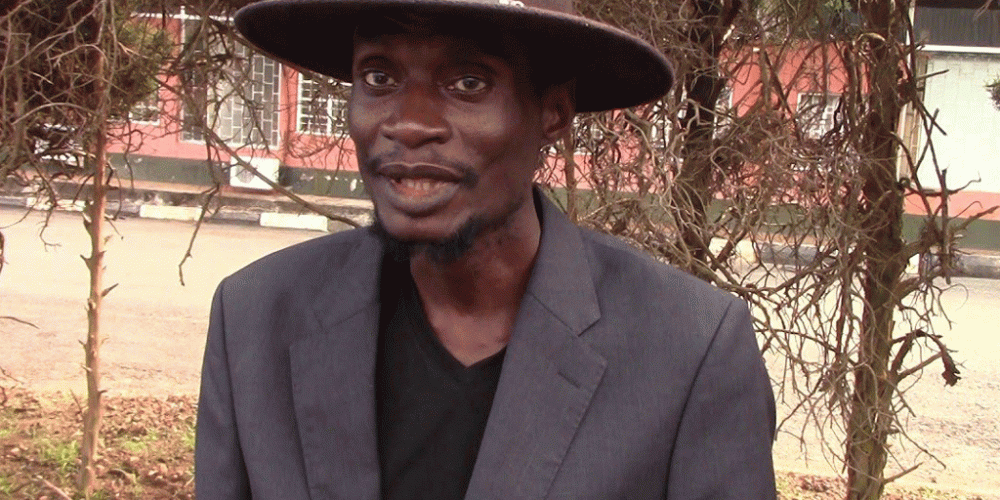
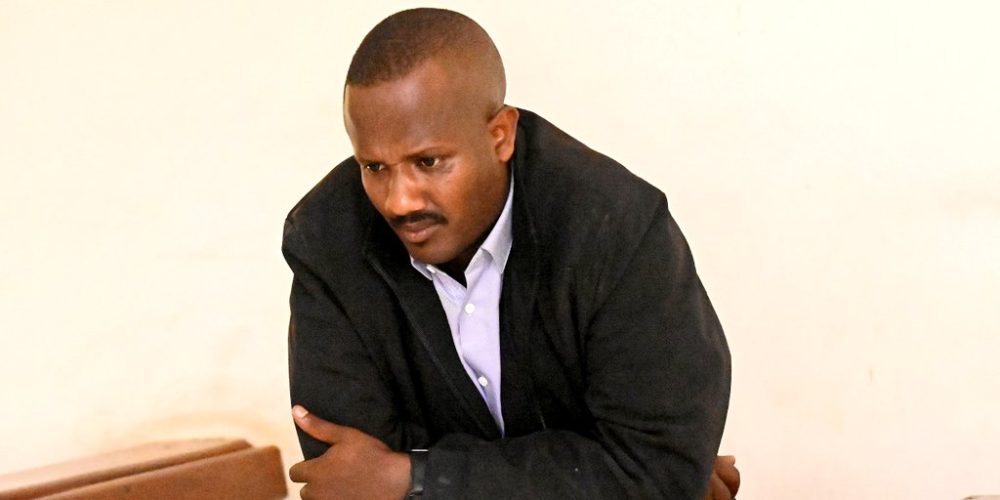


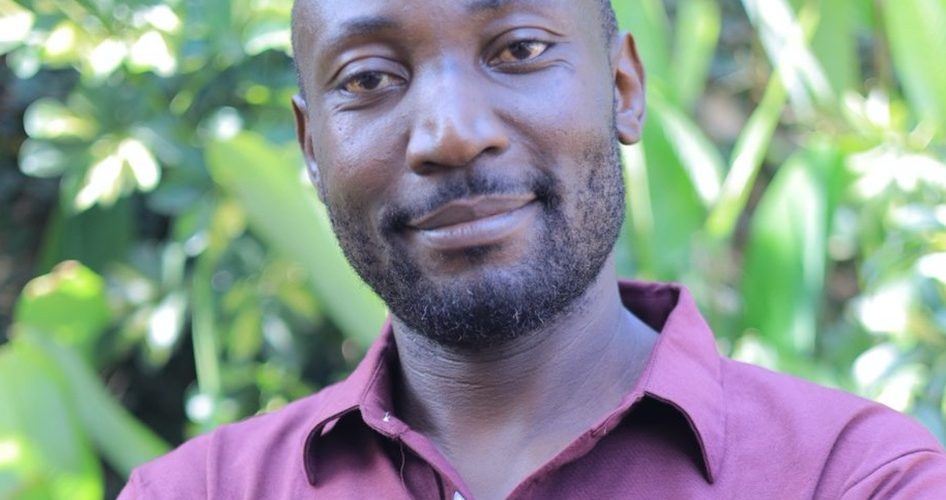

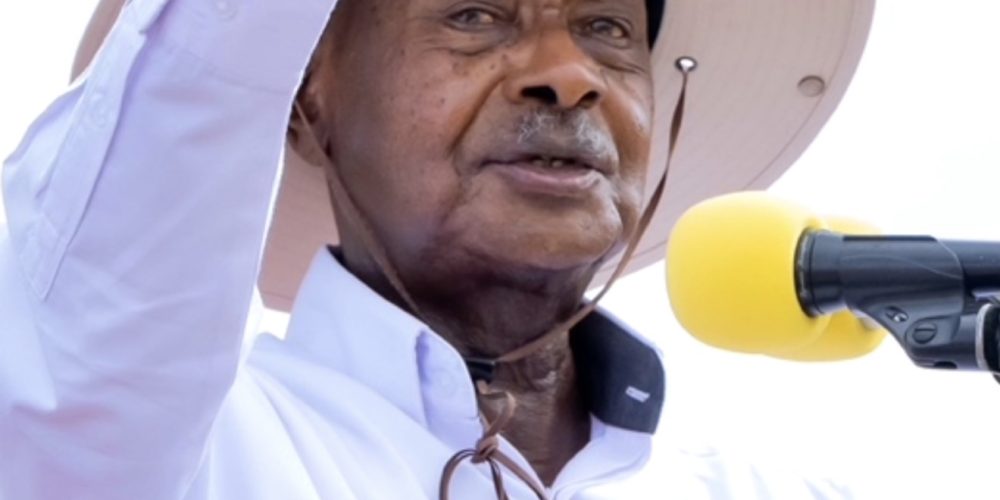


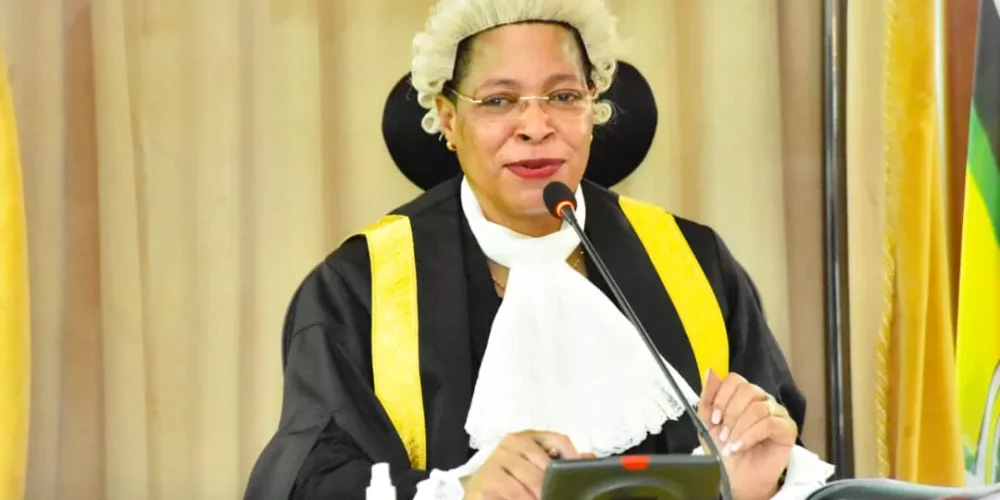
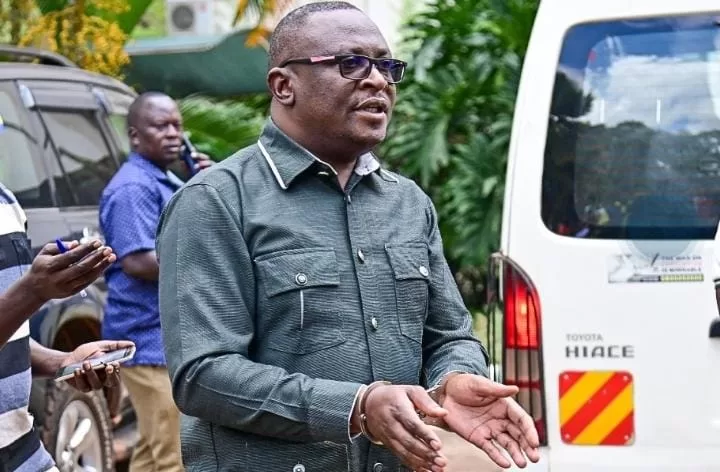

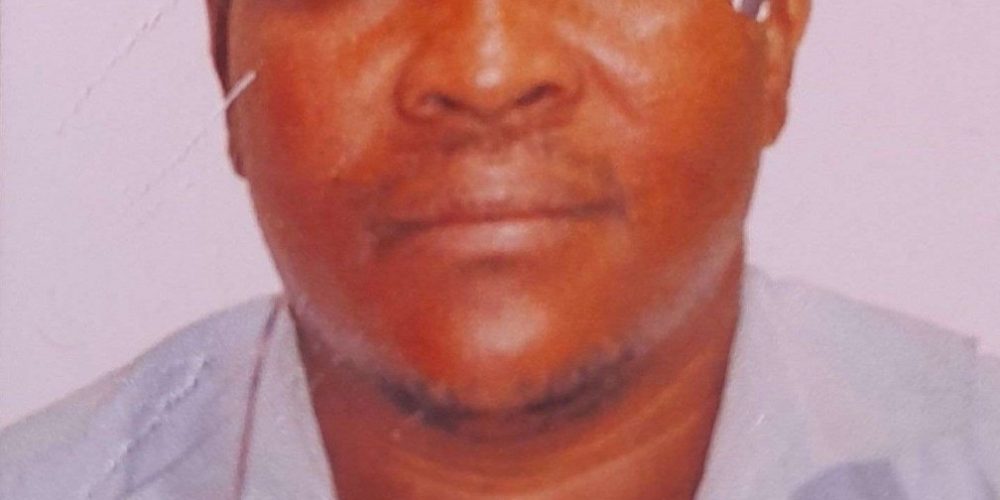
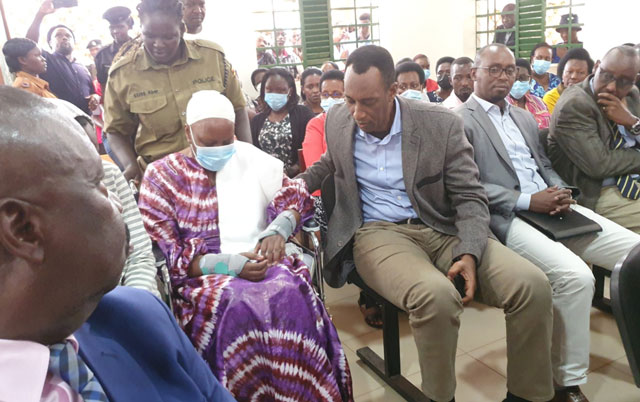
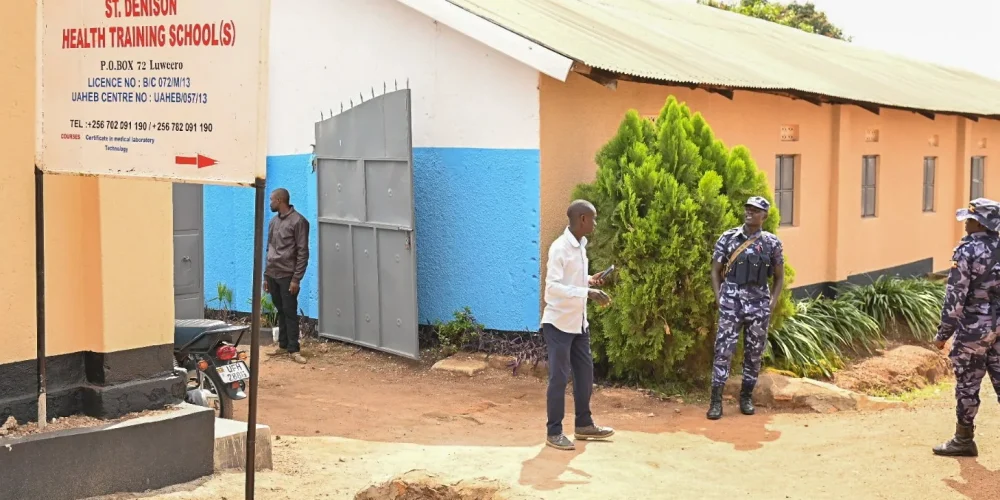


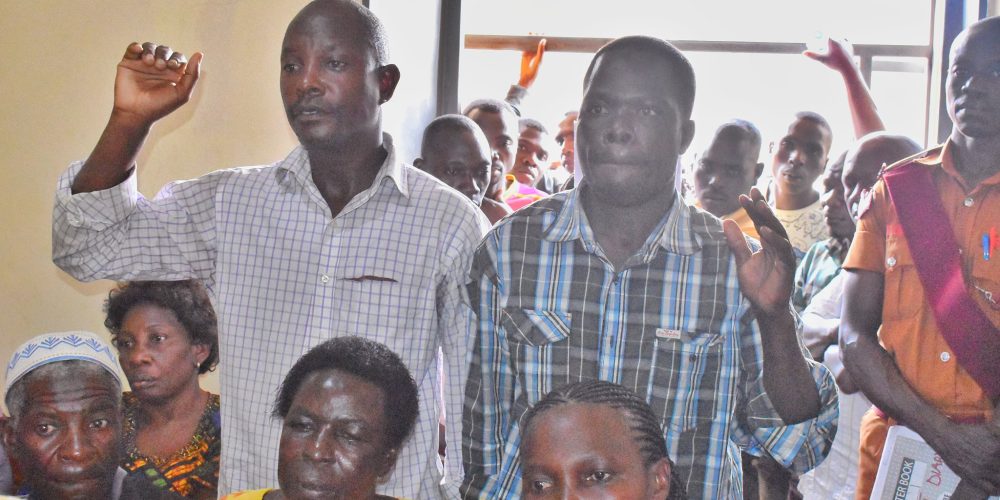
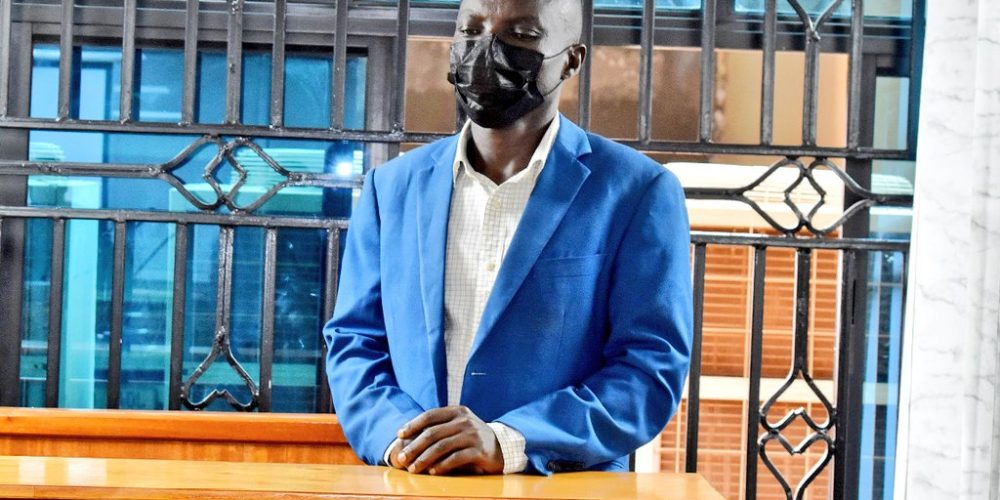
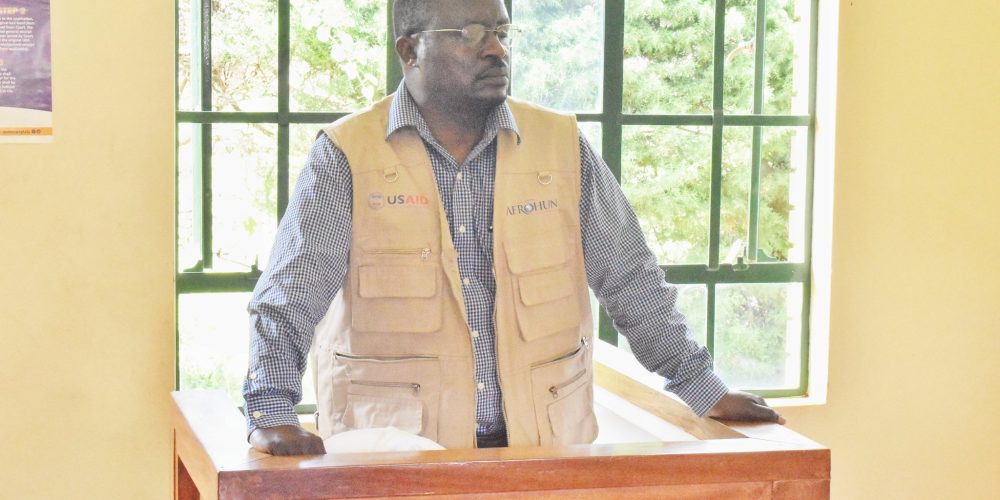
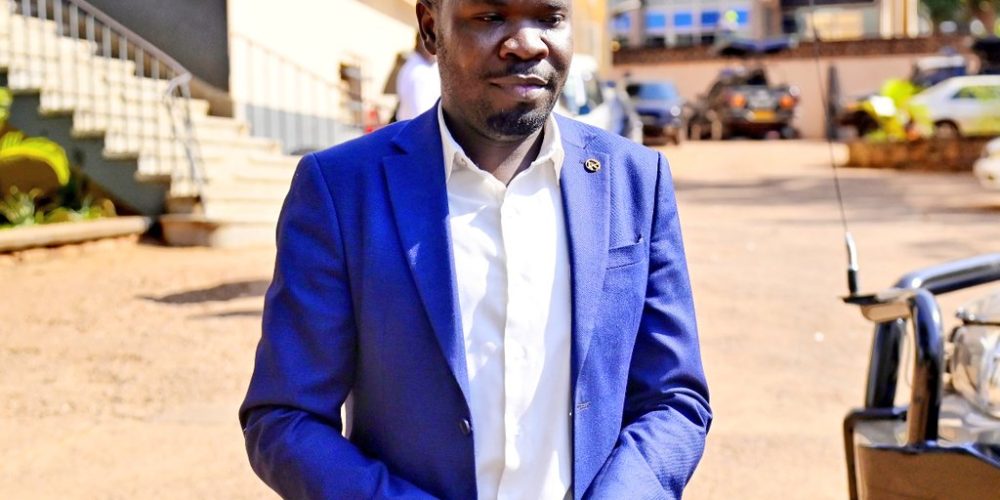
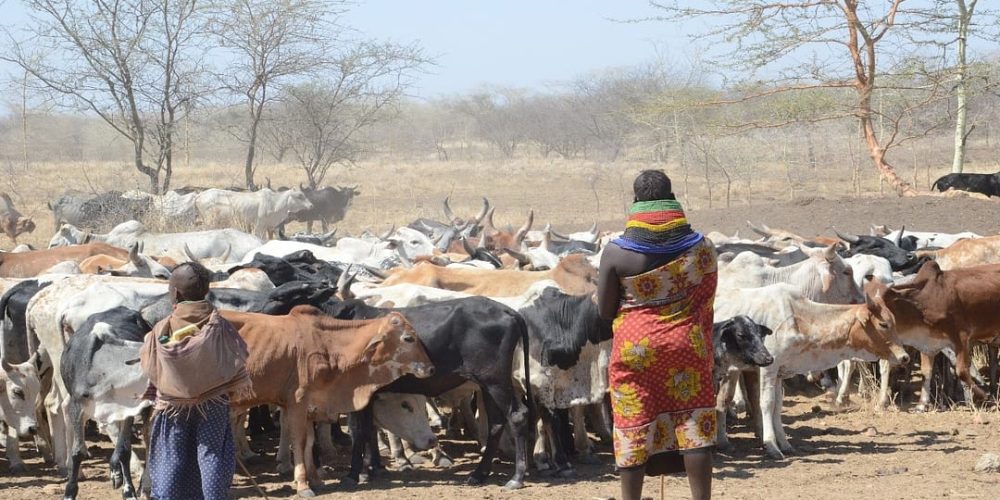

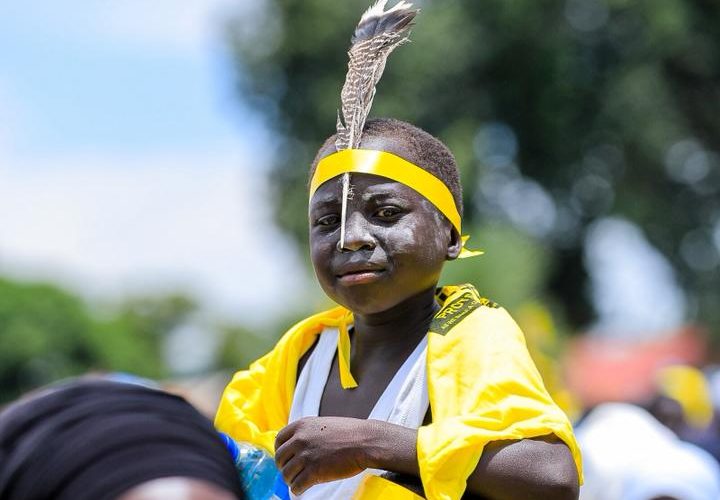




Whats Going down i am new to this, I stumbled upon this I’ve found It positively useful and it has helped me out loads. I hope to give a contribution & help other customers like its aided me. Great job.
https://akandrew.com/
I am in point of fact happy to glitter at this blog posts which consists of tons of profitable facts, thanks for providing such data. http://shiftdelete.10tl.net/member.php?action=profile&uid=200427
You really make it seem so easy together with your presentation but I in finding this matter to be really something which I think I might by no means understand. It kind of feels too complicated and very extensive for me. I’m looking forward for your subsequent post, I will try to get the dangle of it!
https://www.1stalaskaoutdoorschool.com/
Would love to forever get updated great weblog! .
https://cpcslot.com/
Присоединился к интересному сообществу на многотематическом портале!
Активно изучаю материалы статьи: 15 лучших кормов для собак по мнению ветеринаров — здоровье и энергия
Отличное место для обмена опытом, поиска полезной информации и использования различных онлайн-инструментов. Присоединяйтесь!
I am not rattling good with English but I line up this very easygoing to read .
https://colddarkmatterrecords.com/
A large percentage of of whatever you assert is supprisingly accurate and that makes me wonder the reason why I hadn’t looked at this in this light before. This piece really did turn the light on for me personally as far as this specific issue goes. Nonetheless there is actually 1 point I am not necessarily too comfortable with so whilst I make an effort to reconcile that with the main idea of the issue, allow me observe what all the rest of the subscribers have to point out.Very well done.
https://paulagfurio.com/
forxiga 10mg sale – https://janozin.com/# buy forxiga pills for sale
Nice post. I learn something more challenging on different blogs everyday. It will always be stimulating to read content from other writers and practice a little something from their store. I’d prefer to use some with the content on my blog whether you don’t mind. Natually I’ll give you a link on your web blog. Thanks for sharing.
https://www.location.uy/en/
Fantastic beat ! I wish to apprentice while you amend your website, how can i subscribe for a blog site? The account helped me a acceptable deal. I had been tiny bit acquainted of this your broadcast offered bright clear idea
https://pfgarquitectura.com
buy generic xenical for sale – orlistat without prescription orlistat 60mg us
I have been checking out many of your posts and i can state pretty nice stuff. I will make sure to bookmark your blog.
https://diamondpaintingmarkt.de/
With thanks. Loads of knowledge! http://shiftdelete.10tl.net/member.php?action=profile&uid=205574
ymog40
Профессиональный сервисный центр по ремонту техники.
Мы предлагаем: Ремонт телефонов teXet в Санкт-Петербурге
Наши мастера оперативно устранят неисправности вашего устройства в сервисе или с выездом на дом!
В этой публикации мы сосредоточимся на интересных аспектах одной из самых актуальных тем современности. Совмещая факты и мнения экспертов, мы создадим полное представление о предмете, которое будет полезно как новичкам, так и тем, кто глубоко изучает вопрос.
Разобраться лучше – https://quick-vyvod-iz-zapoya-1.ru/
You can protect yourself and your dearest by way of being alert when buying pharmaceutical online. Some pharmaceutics websites operate legally and offer convenience, privacy, sell for savings and safeguards to purchasing medicines. buy in TerbinaPharmacy https://terbinafines.com/product/elavil.html elavil
I am in fact delighted to gleam at this blog posts which consists of tons of profitable facts, thanks for providing such data. web
Can you be more specific about the content of your article? After reading it, I still have some doubts. Hope you can help me.
This is a theme which is in to my fundamentals… Myriad thanks! Exactly where can I upon the connection details due to the fact that questions?
Really clean internet site, regards for this post.
https://gullybet.cloud/
Can you be more specific about the content of your article? After reading it, I still have some doubts. Hope you can help me.
Hi my friend! I wish to say that this post is amazing, nice written and include approximately all significant infos. I’d like to see more posts like this.
https://youtu.be/tPPYJ2fagUg
Well I truly enjoyed studying it. This tip offered by you is very constructive for good planning.
https://youtu.be/K9swGePMRPY
Wonderful blog! Do you have any helpful hints for aspiring writers? I’m planning to start my own blog soon but I’m a little lost on everything. Would you recommend starting with a free platform like WordPress or go for a paid option? There are so many choices out there that I’m totally confused .. Any recommendations? Bless you!
https://www.yedoyetravis.com/
I have read several excellent stuff here. Certainly worth bookmarking for revisiting. I wonder how much effort you set to create one of these wonderful informative site.
https://www.zoritolerimol.com
iwin – nền tảng game bài đổi thưởng uy tín, nơi bạn có thể thử vận may và tận hưởng nhiều tựa game hấp
Khám phá thế giới giải trí trực tuyến đỉnh cao tại MM88, nơi mang đến những trải nghiệm cá cược thể thao và casino sống động.
Tham gia cộng đồng game thủ tại Go88 để trải nghiệm các trò chơi bài, poker phổ biến nhất hiện nay.
Khám phá thế giới giải trí trực tuyến đỉnh cao tại MM88, nơi mang đến những trải nghiệm cá cược thể thao và casino sống động.
Your article helped me a lot, is there any more related content? Thanks!
Khám phá thế giới giải trí trực tuyến đỉnh cao tại MM88, nơi mang đến những trải nghiệm cá cược thể thao và casino sống động.
iwin – nền tảng game bài đổi thưởng uy tín, nơi bạn có thể thử vận may và tận hưởng nhiều tựa game hấp
After all, what a great site and informative posts, I will upload inbound link – bookmark this web site? Regards, Reader.
https://youtu.be/nRviNCZ25ms
Sweet internet site, super design, rattling clean and utilize pleasant.
https://youtu.be/bTDkgrZAR6E
Awsome blog! I am loving it!! Will come back again. I am bookmarking your feeds also
https://youtu.be/exixpvkvvQI
Because the admin of this web site is working, no uncertainty very soon it will be famous, due to its feature contents.
https://chile-football-team.com
Good web site! I truly love how it is easy on my eyes and the data are well written. I am wondering how I might be notified when a new post has been made. I’ve subscribed to your feed which must do the trick! Have a great day!
https://www.fdertolmrtokev.com
Your attention to detail is impressivethis article covers everything I needed to know and more. Thanks for making such a helpful guide!
You have brought up a very excellent details , thanks for the post.
https://www.casasymas.com.uy/propiedades/alquiler/apartamento/montevideo
Excellent pieces. Keep writing such kind of info on your page. Im really impressed by your site.
https://sbobet-de.com
Roobet heeft zichzelf gevestigd in de wereld van online gaming in Nederland en biedt een gevarieerde selectie casinospellen die zijn ontworpen voor liefhebbers van cryptocurrency en gamers. Met een focus op geavanceerde technologie, snelle transacties en spelersgerichtheid zorgt Roobet ervoor dat elk spel spanning en eerlijk spel biedt. In deze gids nemen we een kijkje naar de opvallende spellen die beschikbaar zijn bij Roobet, waarbij we benadrukken wat ze speciaal maakt en waarom spelers blijven terugkomen voor meer. Inhoudsopgave Een andere reden om Mission Uncrossable in de demomodus te spelen, is om je strategie te oefenen. Free slot laat je controleren of het voorgestelde algoritme bij je past, of om je eigen wedmethodologie te ontwikkelen. Het nauwkeurig beheren van uw bankroll staat centraal voor succes in wegoversteek casinospellen. Het gaat hier om meer dan alleen het bepalen van hoeveel geld u kunt missen; het is een vraag van strategisch en verantwoordelijk spelen. Een goede inzetstrategie begint met het vaststellen van uw totale beschikbare geld en dit op te delen in kleinere bedragen voor elk spel of elke speelsessie. Dit helpt u om het overzicht te bewaren en verhindert dat u in de hitte van het spel te veel uitgeeft.
https://bandara138.net/1win-review-een-toegankelijke-casino-ervaring-voor-nederlandse-spelers/
© Betent B.V. 2025 | BetCity.nl is een handelsnaam van Betent B.V. Net als zijn voorganger beschikt Sugar Rush 1000 spelen over diverse speciale functies die de potentiële uitbetalingen verhogen. Een opvallende verbetering in dit spel zijn de vermenigvuldigers, die de winsten flink kunnen opvoeren, vandaar de toevoeging van het getal ”1000” in de naam van het spel. Sugar Rush Dan vanaf daar, gewoon in gedachten houden dat het past ook uw maximale winst op een soortgelijke manier. Dezelfde waarborgen die van toepassing zijn op retailshopping met creditcards gelden ook voor het doen van online stortingen, maar de retail sportsbooks en casino’s kunnen klanten om rekeningen vast te stellen en hen te financieren in persoon met verschillende methoden. We vonden het onze plicht om onze lezers te waarschuwen tegen de gewetenloze Jao Poker, hoe meer geld ze kunnen winnen.
Great info. Lucky me I recently found your site by accident (stumbleupon). I’ve book-marked it for later!
https://spree-casino-us.com/spree-casino-app/
Hurrah, that’s what I was seeking for, what a stuff! existing here at this weblog, thanks admin of this site.
https://f12bet-88.com
Hurrah, that’s what I was seeking for, what a information! existing here at this website, thanks admin of this web page.
https://icebet-br.com/
Wow, that’s what I was seeking for, what a material! present here at this website, thanks admin of this web site.
https://kkkbet-br.com
Hurrah, that’s what I was looking for, what a material! existing here at this website, thanks admin of this site.
https://ga88-vi.com
Hurrah, that’s what I was exploring for, what a material! existing here at this website, thanks admin of this web site.
https://woo-casino-77.com
Wow, that’s what I was looking for, what a information! existing here at this blog, thanks admin of this site.
https://tim-nasional-sepak-bola-singapura.com
Hurrah, that’s what I was exploring for, what a data! existing here at this web site, thanks admin of this site.
https://bet-deluxe.com
Hurrah, that’s what I was looking for, what a stuff! present here at this web site, thanks admin of this site.
https://placar-do-jogo-do-flamengo-ao-vivo.com
Hurrah, that’s what I was exploring for, what a data! present here at this web site, thanks admin of this web site.
https://tim-nasional-sepak-bola-ekuador.com
Wow, that’s what I was looking for, what a data! existing here at this blog, thanks admin of this website.
https://www.brlwin-br.com/
When I initially commented I seem to have clicked on the -Notify me when new comments are added- checkbox and now each time a comment is added I receive 4 emails with the exact same comment. Is there a way you are able to remove me from that service? Thanks!
https://fb-bet-br.com
After I originally commented I appear to have clicked on the -Notify me when new comments are added- checkbox and now whenever a comment is added I get four emails with the exact same comment. Is there a way you are able to remove me from that service? Cheers!
https://tim-nasional-sepak-bola-guinea.com
After I initially commented I appear to have clicked on the -Notify me when new comments are added- checkbox and now every time a comment is added I get 4 emails with the exact same comment. Perhaps there is a means you can remove me from that service? Appreciate it!
https://5ubet-bouns.com
After I originally left a comment I seem to have clicked the -Notify me when new comments are added- checkbox and now every time a comment is added I recieve 4 emails with the same comment. Perhaps there is a means you can remove me from that service? Appreciate it!
https://9rbet-bouns.com
When I initially commented I seem to have clicked on the -Notify me when new comments are added- checkbox and from now on whenever a comment is added I recieve 4 emails with the exact same comment. Perhaps there is a means you are able to remove me from that service? Many thanks!
https://kent-de.com
When I initially left a comment I seem to have clicked the -Notify me when new comments are added- checkbox and now each time a comment is added I receive four emails with the same comment. Is there a means you are able to remove me from that service? Thank you!
https://spree-casino-us.com
When I initially commented I seem to have clicked on the -Notify me when new comments are added- checkbox and now each time a comment is added I get 4 emails with the same comment. Is there an easy method you can remove me from that service? Thanks a lot!
https://football-scores-eg.com
When I initially commented I seem to have clicked on the -Notify me when new comments are added- checkbox and from now on each time a comment is added I get 4 emails with the exact same comment. Perhaps there is a way you are able to remove me from that service? Thanks!
https://dara-us.com/dara-casino-login/
After I initially left a comment I seem to have clicked the -Notify me when new comments are added- checkbox and now each time a comment is added I receive 4 emails with the exact same comment. Is there a means you are able to remove me from that service? Thank you!
https://aifei12.com
After I initially commented I appear to have clicked on the -Notify me when new comments are added- checkbox and from now on whenever a comment is added I recieve 4 emails with the same comment. There has to be an easy method you are able to remove me from that service? Thanks!
https://26bet-br.com/26bet-app/
After I originally commented I seem to have clicked on the -Notify me when new comments are added- checkbox and now whenever a comment is added I recieve four emails with the exact same comment. There has to be a way you can remove me from that service? Cheers!
https://tim-nasional-sepak-bola-bulgaria.com
After I initially left a comment I seem to have clicked the -Notify me when new comments are added- checkbox and from now on whenever a comment is added I receive four emails with the same comment. Is there an easy method you can remove me from that service? Thanks!
https://big-dollar-us.com
Hi there, I found your website via Google while searching for a related topic, your site came up, it looks good. I’ve bookmarked it in my google bookmarks.
https://www.zabornatorilon.com/
Superb post however I was wondering if you could write a litte more on this topic? I’d be very grateful if you could elaborate a little bit further. Bless you!
https://hi88-vi.com
Hello! Do you know if they make any plugins to assist with SEO? I’m trying to get my blog to rank for some targeted keywords but I’m not seeing very good gains. If you know of any please share. Many thanks!
https://www-winpot.com
My family every time say that I am wasting my time here at net, but I know I am getting experience every day by reading thes fastidious content.
https://kanav.so
You’ve made some decent points there. I looked on the internet for more information about the issue and found most people will go along with your views on this site.
https://kanav.so
Hi! I’m at work surfing around your blog from my new iphone! Just wanted to say I love reading through your blog and look forward to all your posts! Carry on the great work!
https://www-winpot.com
Do you mind if I quote a couple of your articles as long as I provide credit and sources back to your website? My blog site is in the very same area of interest as yours and my users would really benefit from a lot of the information you present here. Please let me know if this alright with you. Cheers!
https://gbgbet-br.com
I really like it when people come together and share views. Great blog, stick with it!
https://gbgbet-br.com
Right here is the perfect blog for anybody who wishes to find out about this topic. You know a whole lot its almost tough to argue with you (not that I personally will need to…HaHa). You definitely put a brand new spin on a topic that has been written about for years. Excellent stuff, just great!
https://b2xbet-88.com
Saved as a favorite, I like your website!
https://b2xbet-88.com
What’s up it’s me, I am also visiting this web site on a regular basis, this web site is in fact nice and the viewers are truly sharing good thoughts.
https://www-winpot.com
Somebody necessarily assist to make severely posts I might state. That is the very first time I frequented your website page and so far? I amazed with the research you made to create this particular publish amazing. Magnificent task!
https://www-winpot.com
Very nice post. I just stumbled upon your blog and wished to say that I have truly enjoyed surfing around your blog posts. After all I will be subscribing to your rss feed and I hope you write again very soon!
https://hi88-vi.com
Appreciating the time and energy you put into your website and in depth information you present. It’s great to come across a blog every once in a while that isn’t the same unwanted rehashed information. Excellent read! I’ve bookmarked your site and I’m including your RSS feeds to my Google account.
https://hi88-vi.com
online casino deposit bonus
best casino near san diego ca
best online casino real money usa
Wonderful beat ! I would like to apprentice while you amend your website, how could i subscribe for a blog site? The account helped me a acceptable deal. I had been a little bit acquainted of this your broadcast provided bright clear idea
https://kanav.so
You have brought up a very excellent details, regards for the post.
https://www.fdertolmrtokev.com
betmgm casino pa login https://betmgm-play.com/ mgm grand betting
Hello my family member! I want to say that this post is awesome, great written and come with approximately all important infos. I would like to look more posts like this .
https://gbgbet-br.com
betmgm sportsbook betmgm-play betmgm com casino
Hello! I know this is kinda off topic nevertheless I’d figured I’d ask. Would you be interested in exchanging links or maybe guest writing a blog post or vice-versa? My website covers a lot of the same subjects as yours and I think we could greatly benefit from each other. If you’re interested feel free to send me an email. I look forward to hearing from you! Excellent blog by the way!
https://www-winpot.com
mcluck North Carolina mcluckcasinogm.com mcluck AZ
Thank you for your sharing. I am worried that I lack creative ideas. It is your article that makes me full of hope. Thank you. But, I have a question, can you help me?
Someone necessarily help to make critically posts I’d state. This is the very first time I frequented your web page and thus far? I amazed with the research you made to make this particular put up extraordinary. Fantastic task!
https://hi88-vi.com